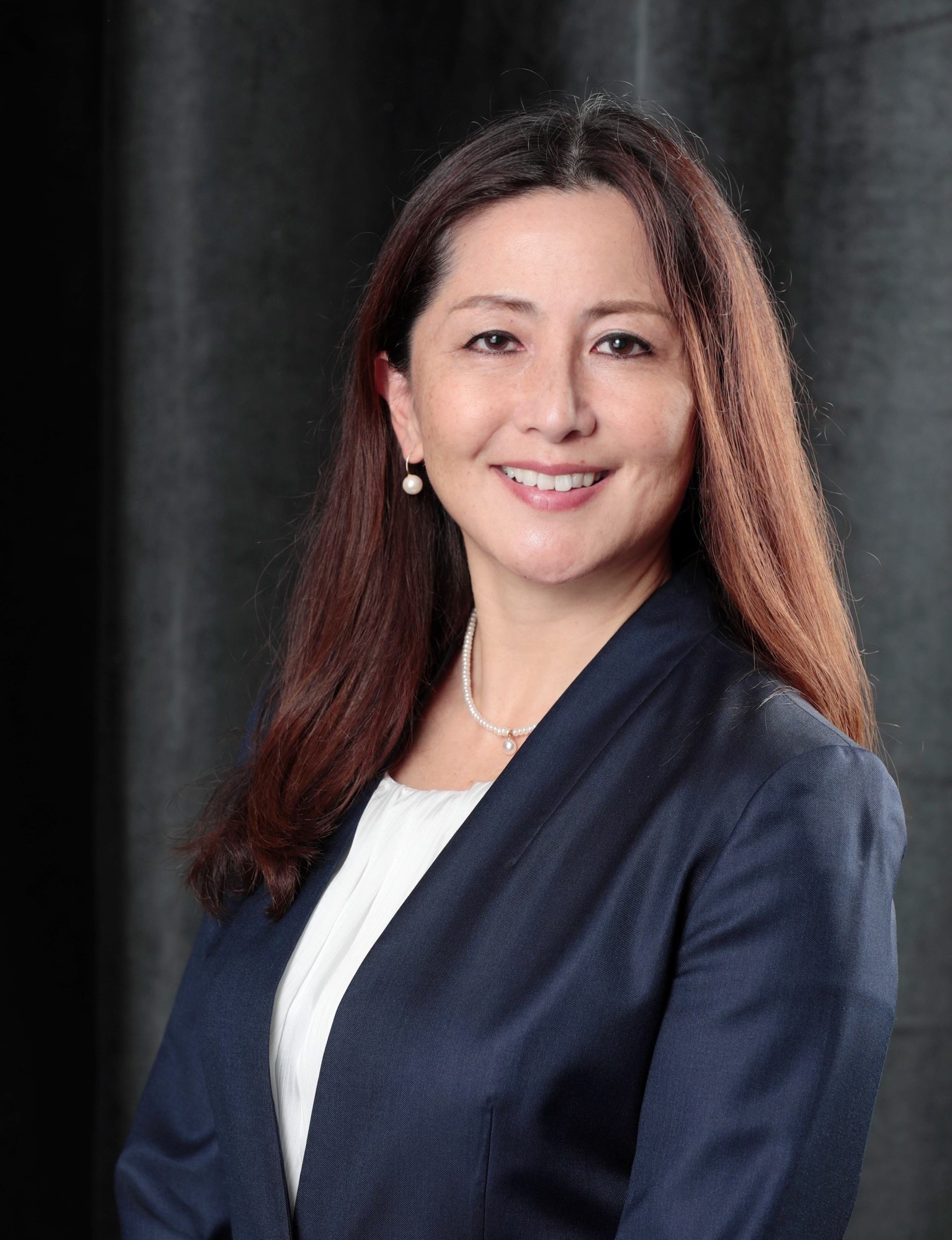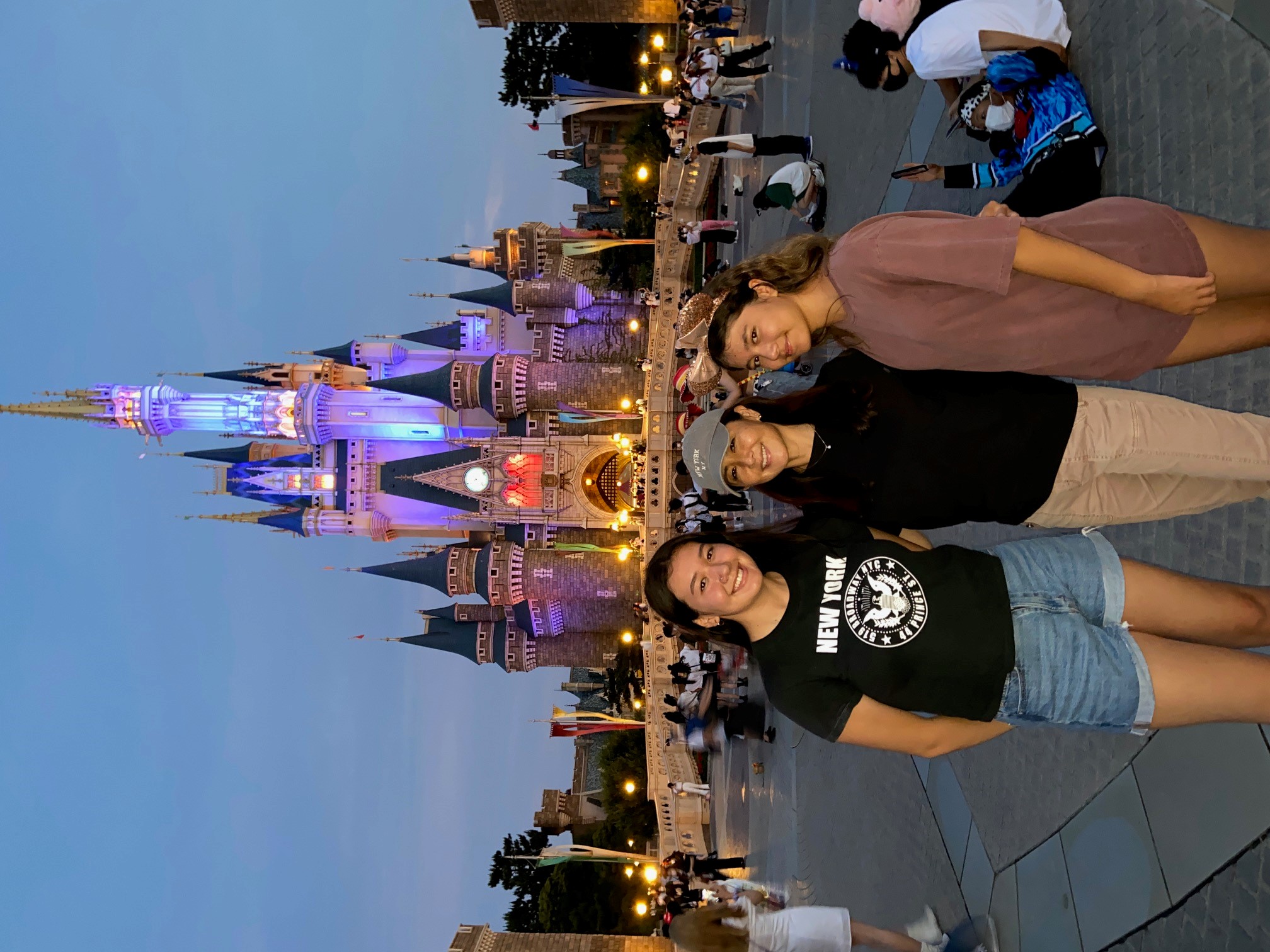Native of Japan discovers her authentic self in key legal role
Articles
Spotlight
View more from News & Articles or Primerus Weekly
By Brian Cox
A close friend once told attorney Ako Shimada that she was a perfect blend of Eastern quiet inner strength and restraint and Western boldness and confidence.
Shimada, who is vice president and general counsel for Ushio America in Cypress, California, says that blend of Eastern and Western qualities is her strength. It is through embracing her whole self that she has learned to be more authentic, which has been essential to her success and effective leadership.
It took years of reflection and personal realization, however, for Shimada to reach the point where she felt confident presenting her authentic self in a professional setting. For many years as a young litigator, she had felt it necessary to mirror her Western colleagues’ more aggressive and dominating approach to practicing law while repressing her personal preference for a less confrontational style that was rooted in her Japanese culture. She was successful at it, but it never felt quite right. She describes the feeling as having two sides – only one of which is expressed at a time, depending on the circumstances.
Shimada discusses her experience with “trying to fit in” as part of a TED Masterclass titled “Unlocking Diverse Talents by Fostering Inclusive Leadership and Authentic Self” that she recorded for the Association of Corporate Counsel in 2020.
“I personally know what it feels like to be isolated because I’ve been there,” she says in the talk. “Over the years, I don’t know how many times I had to make a fake laugh at jokes or somebody’s comment about TV shows even though I had no clue what they were talking about.”

Born in Tokyo and raised in Yokohama, Shimada came to the United States first as an exchange student through American Field Service (now AFS Intercultural Programs). She spent six weeks in the summer of 1990 in Minneapolis studying English with students from all over the world. She recalls attending a Minnesota Twins baseball game and going to the state fair with her host family.
“It was a great program,” recalls Shimada. “It opened my eyes to possibilities outside of Japan.”
Her experience with the exchange program convinced her to return to America for college. She had ambitions at the time of becoming a bilingual broadcast journalist and was accepted into the journalism program at the University of North Carolina at Chapel Hill. She soon learned she didn’t enjoy certain intrusive aspects of journalism, however, and ultimately earned a degree in psychology after transferring to Northwestern University in Evanston, Ill.
“It gave me a very good foundation for understanding people,” she says.
It was while at Northwestern that Shimada first considered law school, thinking her bilingualism would be a valuable skill for practicing international law. She enrolled at Loyola University Chicago School of Law, graduating in 1999 just as family circumstances took her across the country to California.
It was a beneficial move for Shimada as she discovered wider professional opportunities and felt more culturally at ease amidst a larger community of Asians. She soon accepted a litigation position with Hancock Rothert & Bunshoft LLP in Los Angeles. At the time, the firm was considered to have one of the top insurance coverage and professional liability practices in the country. One of the partners, Russell Roten, was a graduate of the University of North Carolina, and was happy to have a fellow alum join the firm.
After a couple of years at Hancock where she honed her litigation skills, Shimada joined the Los Angeles offices of Coudert Brothers, a premier international law firm where she hoped she might have more opportunity to employ her bilingualism. She found success and enjoyed the work, but four years later she moved to Orange County and eventually wearied of the commute into downtown Los Angeles. So, she sought a position with a regional firm closer to home.

The new firm’s aggressive culture tested Shimada’s confidence as it had never been tested. Her experience at the predominantly white firm was marked by an overriding sense of alienation and a fundamental struggle with her identity. The perception that some colleagues doubted her abilities and professional potential was something she had never before encountered in her career. Her challenging time at the law firm was the springboard for her journey toward uncovering the strengths lying at the core of her authentic self.
“I’ve come to realize that the problem I was having was probably caused by both internal and external factors,” she explains in her TED Talk. “By external, I mean an implicit bias against my professional potential and ability as a foreign-born Asian woman who didn’t necessarily fit the typical mold of a Western-style, aggressive litigator. By internal, I mean feeling insecure, lacking confidence, and trying to fit in and adopt a style that wasn’t really authentic.”
She left the firm to become in-house counsel for a health care company where she concentrated primarily on regulatory issues for six years. Again, though, she felt her full potential and skillset were not being utilized and she contacted a former colleague from Coudert Brothers, Richard Wallace, who was now working for Christie Digital Systems and its sister company, Ushio America, Inc., both owned by Ushio Inc., a Japanese company that manufactures and distributes a wide array of light source-based systems and solutions. The two had lunch and Shimada’s timing proved perfect: Ushio was looking to hire a Japanese-speaking attorney in their Cypress, California, offices.
“That’s the importance of not burning any bridges and keeping good relations,” says Shimada with a smile. “Do your best no matter where you are and have a good reputation.”
At Ushio, Wallace proved to be the mentor Shimada had never had. Fluent in Japanese, he encouraged her to be herself.
“Coming from a culture of humility and tight social norms, I thought I had to be more aggressive and act confident. But I was focused too much on performing and not thinking about what I bring to the table by being myself,” she says in her TED Talk.
She says she used to have two sides of herself, but at Ushio she gets “to be one and the same person all the time.”
Now, as general counsel for the company, Shimada brings all her talents to bear on the job. She handles M&A, litigation, regulatory concerns, intellectual property work, commercial contracting, and compliance. She recently traveled to Munich to provide anti-corruption training to Ushio Europe employees.
“I do a little bit of everything,” she says. “My days are busy and pretty interesting.”
She has found Primerus a valuable resource for helping her manage the many legal concerns she has to deal with both domestically and overseas.
“Primerus is great because they are all high-quality lawyers with very reasonable rates compared to big firms,” says Shimada. “They are very customer-focused and willing to customize their work to my needs.”
She appreciates the flexibility and efficiency she has seen with Primerus firms. And she’s found the lawyers friendly.
“They’re all just a great bunch of people,” she says.
Shimada has two daughters. Sarah is a junior in high school and is on the competitive cheer squad. Emily is in sixth grade and plays volleyball. In keeping with family tradition, both play the piano, having taken lessons since they were 4 years old. Shimada grew up in a musical household. Her mother was a professional pianist who became a popular piano teacher, and her father was a professional musician for many years, performing in a trio that played Mexican ballads. Her parents met while performing at lounges on different floors at the same hotel.
“I sing in my car,” Shimada says with a laugh when asked if she inherited any of her parents’ musical talents.
Shimada is active with the Association of Corporate Counsel, heading up the Southern California Chapter’s Diversity Committee. She is committed to encouraging diversity in leadership and promoting an inclusive approach to leadership that sees the potential of diverse employees and creates a corporate culture where everyone feels welcomed and included.
“People need more education and awareness,” she says. “There’s still a lot of work to do.”